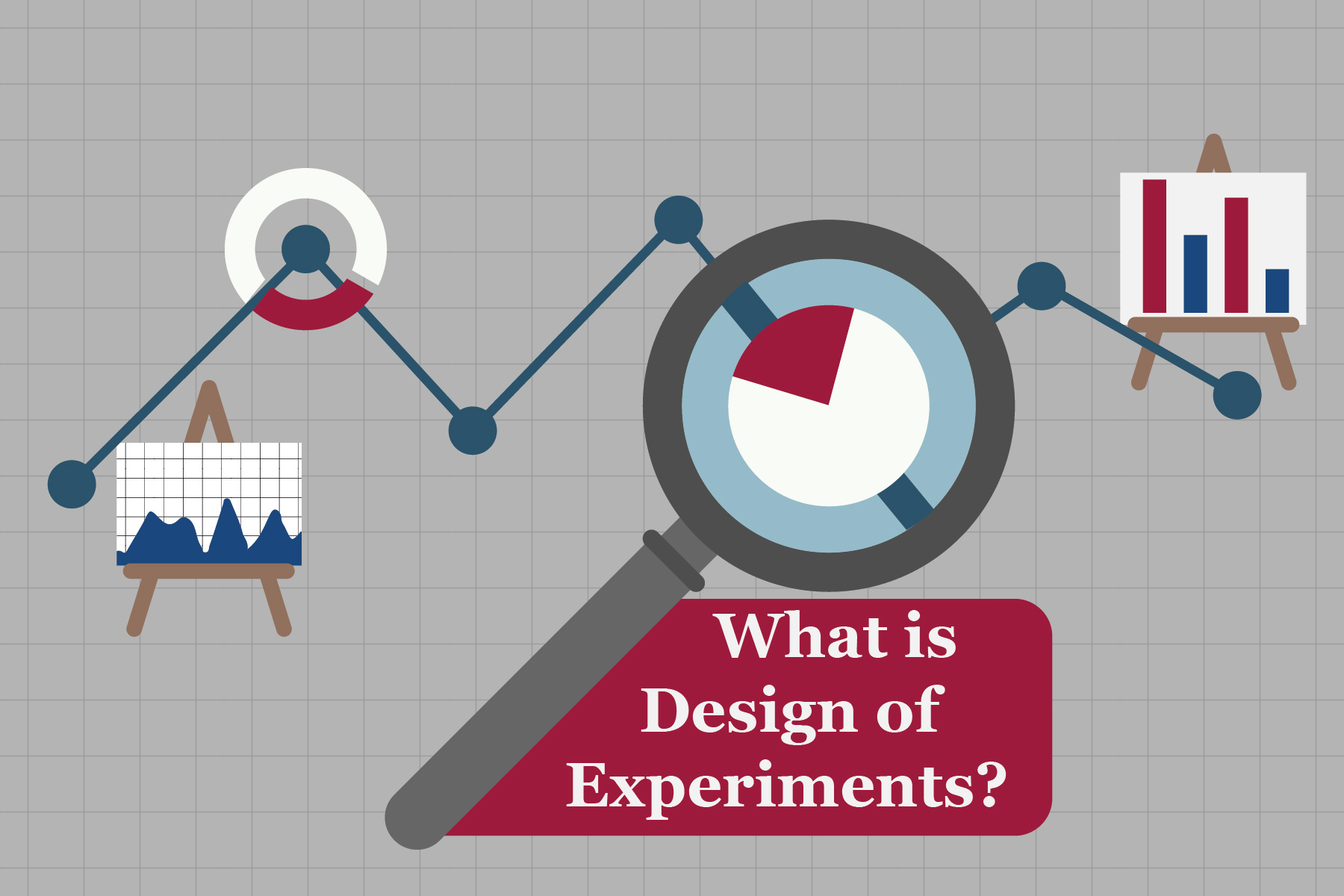Design of Experiments, or DOE as it is commonly known in the industry, is defined as a “branch of applied statistics that deals with planning, conducting, analyzing, and interpreting controlled tests to evaluate the factors that control the value of a parameter or group of parameters” by ASQ.1 At a basic level, DOE is one of the most powerful data collection and analysis tools available, regarded as one of the best ways to predict process variability. Although DOE can be applied to experimental situations in any industry, it is especially useful in the medical device and pharmaceutical spaces.
DOE can not only allow a firm to fully measure and analyze its process, but it can also provide important information required to comply with the regulations. DOE can allow firms in regulated industries to understand and document key input variables and their respective setpoints. The FDA has specifically called out DOE as pertains to process validation for drug products, even nodding to it in a guidance document about general principles for process validation for Drug products.2 The agency highlights DOE’s importance as pertains to establishing ranges of incoming component quality, equipment parameters, and in-process material quality attributes. Although the FDA has not connected DOE to Validation for medical devices the same way it has for pharmaceuticals, it is still a valuable tool for device firms to deploy.
So how do you conduct DOE? It all starts with fully understanding your inputs and outputs; a process flowchart or map can be especially helpful here. Next, you will want to determine the appropriate measures for the output, ensuring the measurement system is repeatable and quantifiable (i.e. not pass/fail). After you have those basic steps complete comes a lot of statistical analysis. The complexity of this analysis is directly related to the number of factors measured, so depending on the process it can be quite involved.
Although conducting a DOE can seem like a math-heavy burden, it can be valuable for firms in the medical device and pharmaceutical industries to utilize. Not only will it allow you to optimize your process, but it will also help you comply with the regulatory requirements at the same time. EMMA International has a team of experts who can help with any validation needs you have. Give us a call at 248-987-4497 or email info@emmainternational.com to see how we can help!
1ASQ (n.d.) What is Design of Experiments (DOE)? Retrieved on 11/05/2020 from: https://asq.org/quality-resources/design-of-experiments
2FDA (January 2011) Process Validation: General Principles and Practices retrieved on 11/05/2020 from: https://www.fda.gov/files/drugs/published/Process-Validation–General-Principles-and-Practices.pdf






